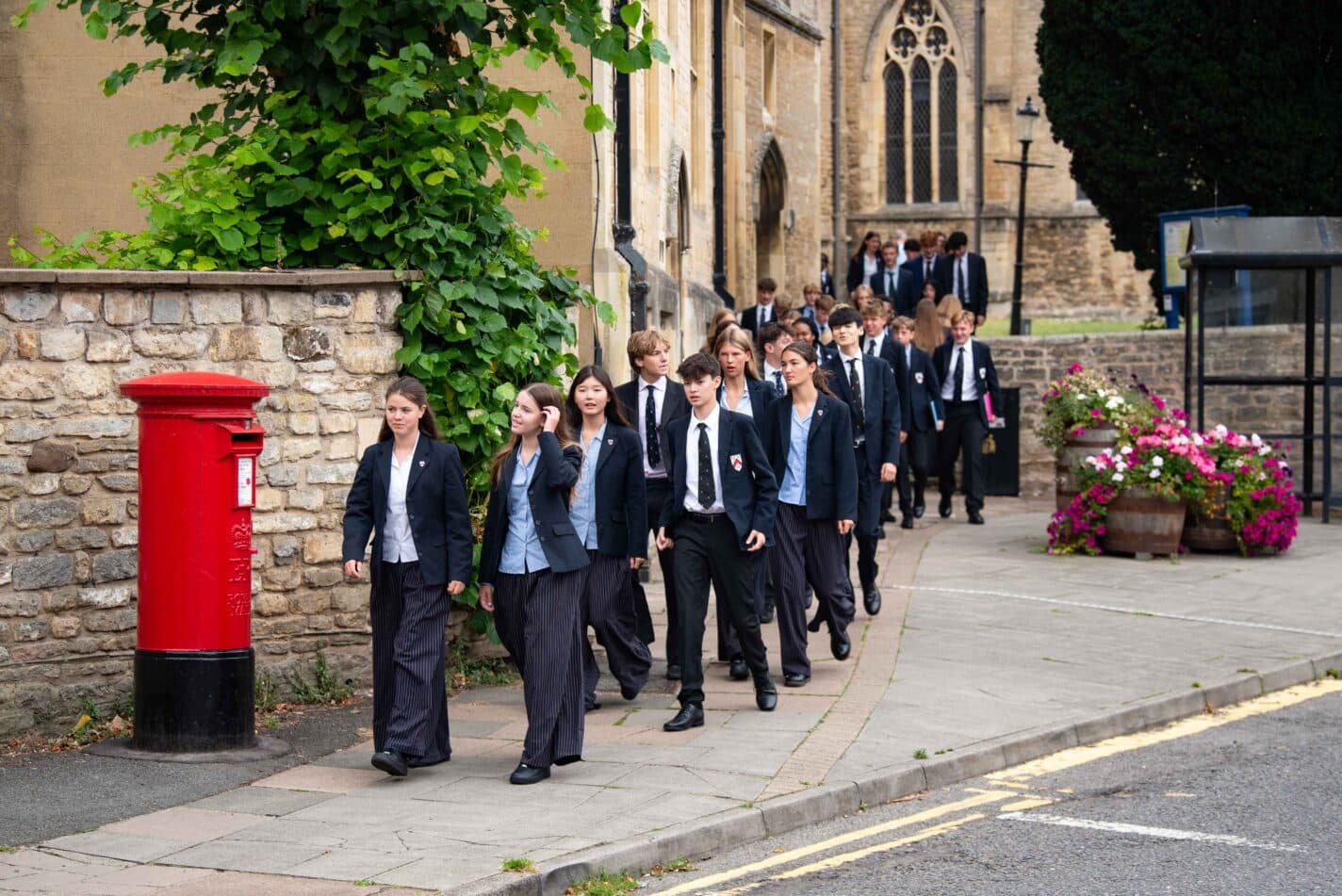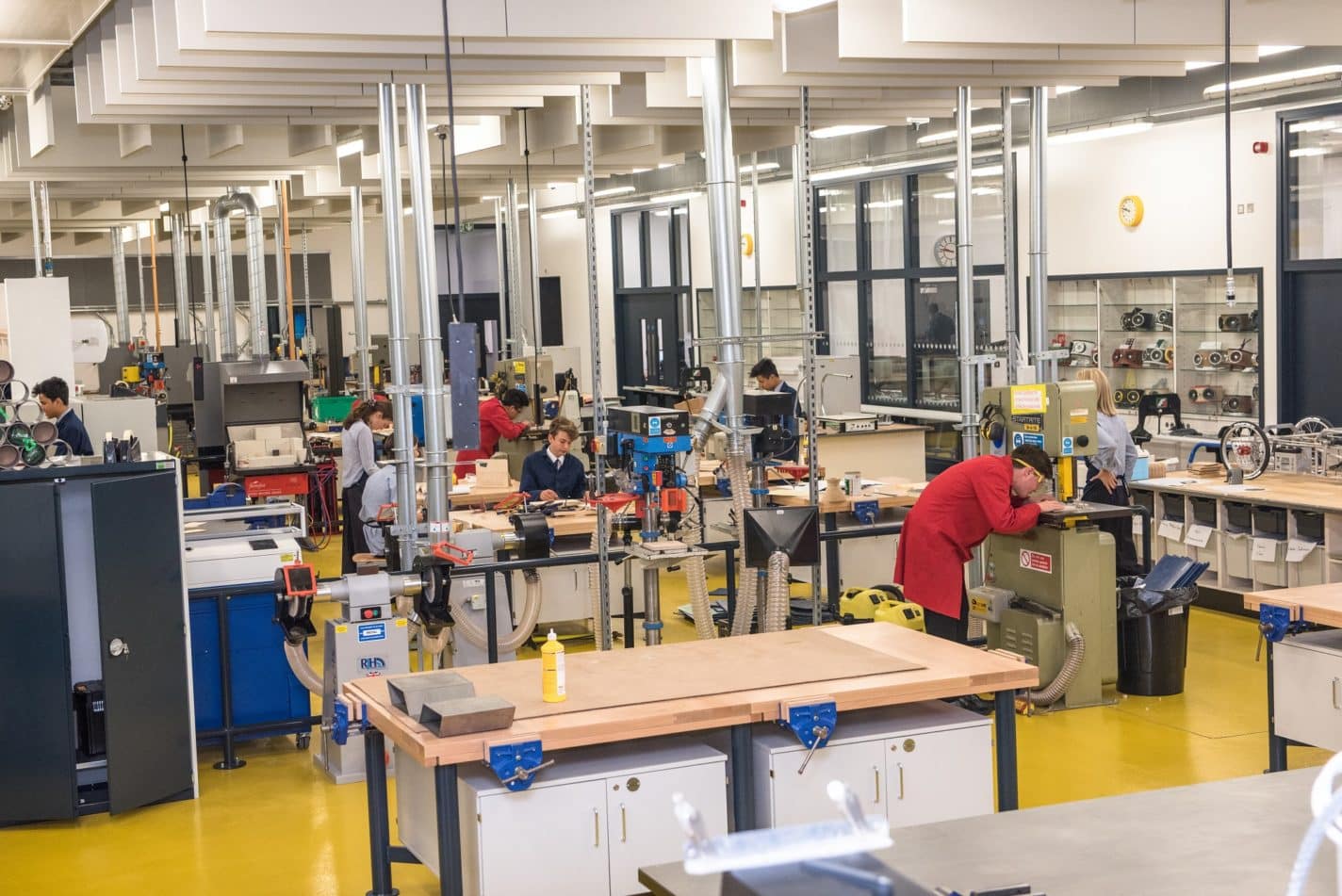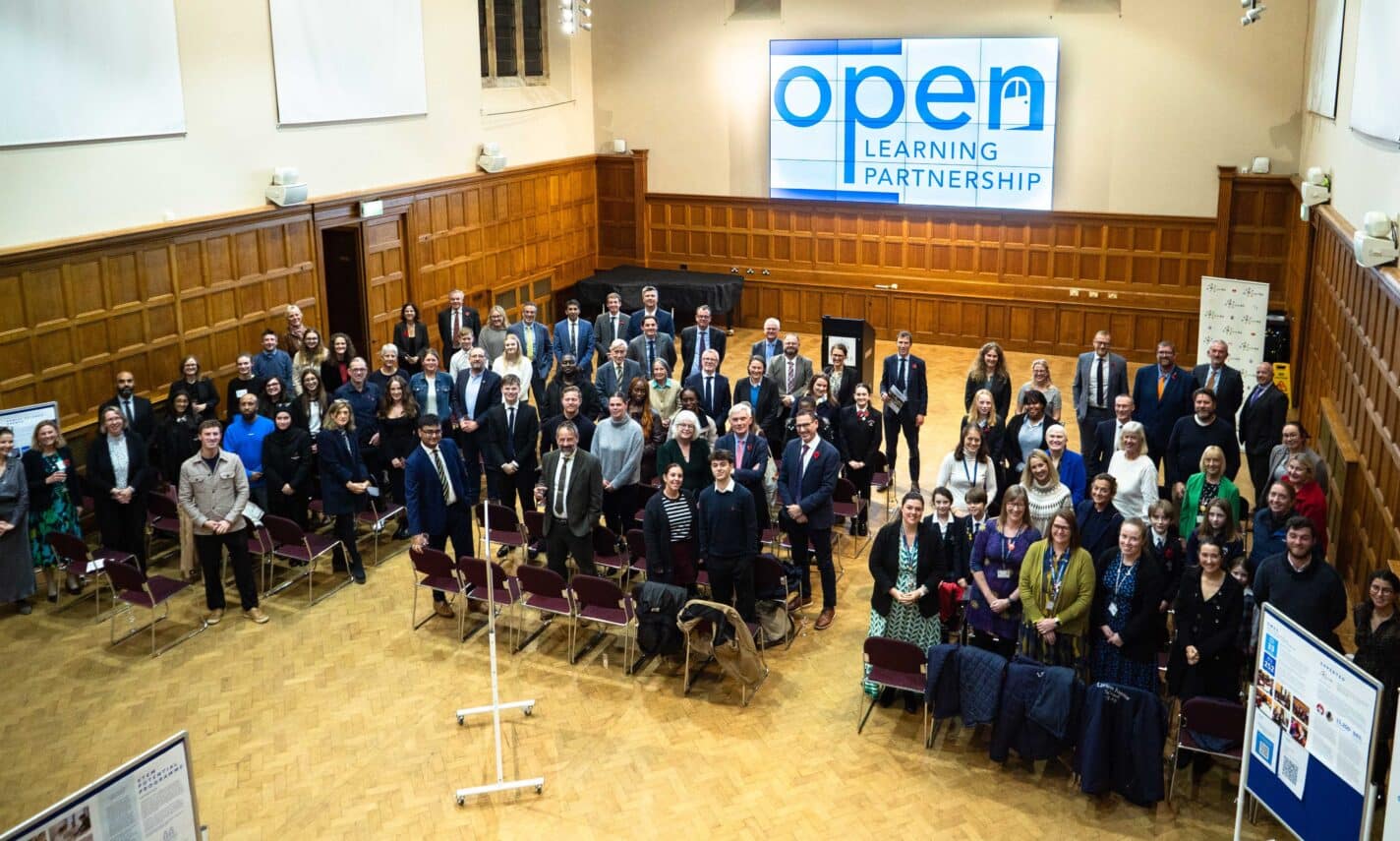The Upper Sixth Form residential biology field trip to Preston Montford Field Studies Centre was packed with investigations that allowed pupils to experience hands-on learning within the natural habitats of the Shropshire countryside.
The trip began with a “Conservation Conflict” exercise that had pupils taking on roles as different landowning stakeholders, including those invested in conserving the local ecosystem and endangered flora and fauna, along with the local tribes and their customs, in conflict with those invested in mining and energy development.
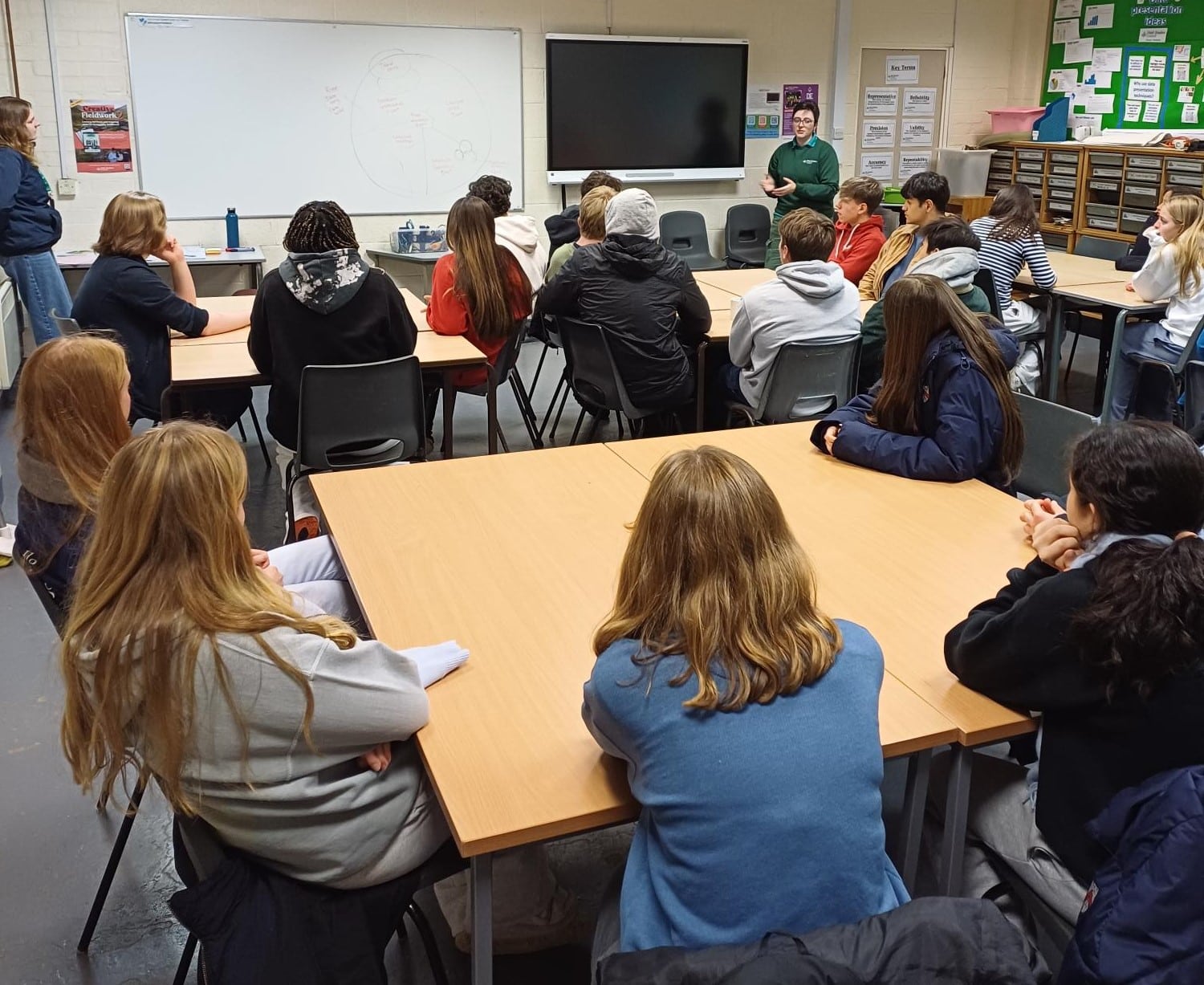
The next day, pupils set up grassland quadrats to sample plant diversity and abundance. This exercise provided valuable insights into the structure and health of grassland ecosystems.
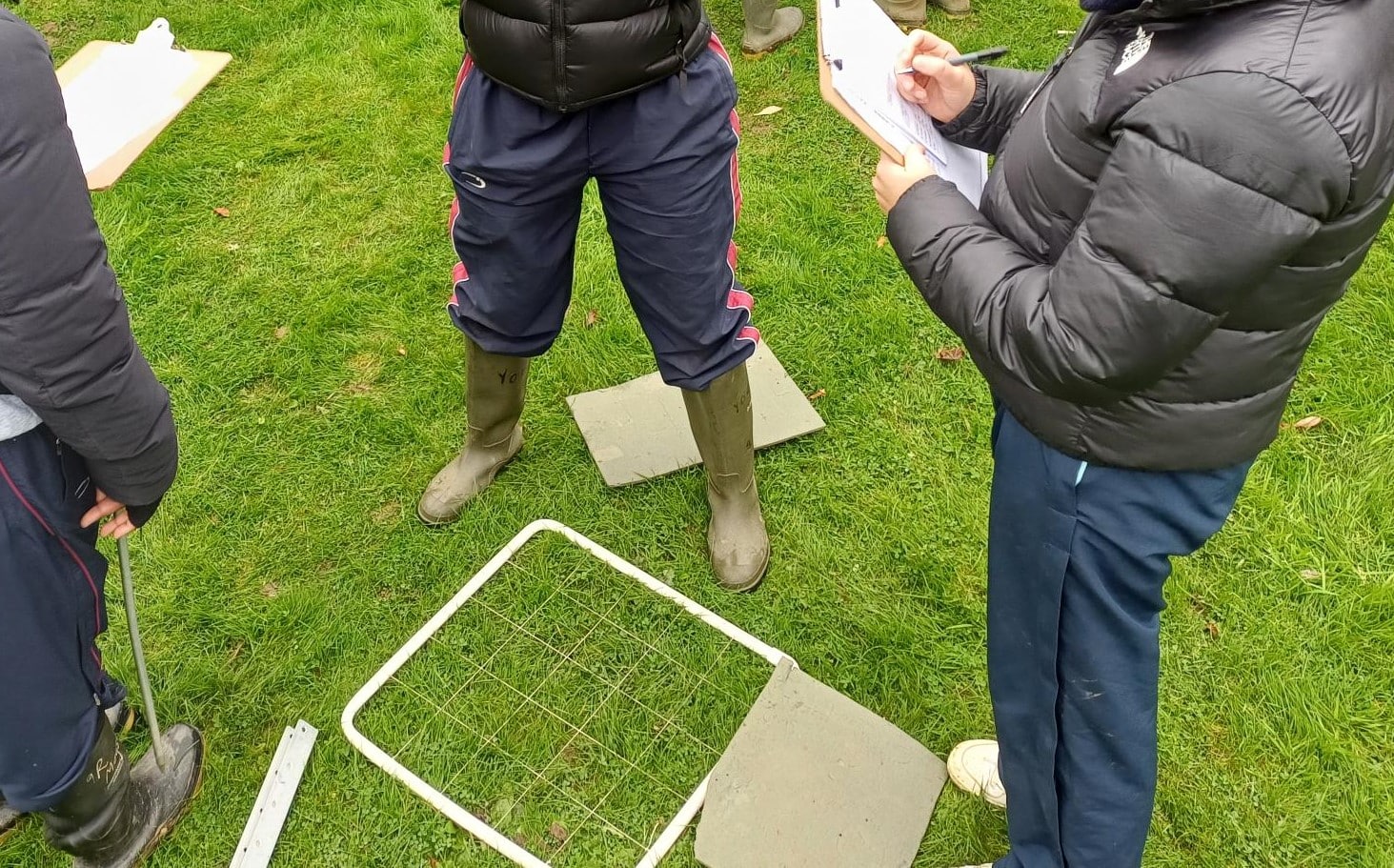
Pupils next participated in invertebrate pond dipping, where they collected and identified various aquatic invertebrates. This activity underscored the importance of freshwater habitats and the biodiversity they support. Both provided sufficient data to conduct statistical tests to test the various pupil hypotheses.
One of the highlights was the woodlice capture-mark-release-recapture study. Woodlice were marked with non-toxic chalk pens and released. Six hours later they were recaptured to estimate the population size. This method taught pupils about population dynamics and the practical applications of ecological research.
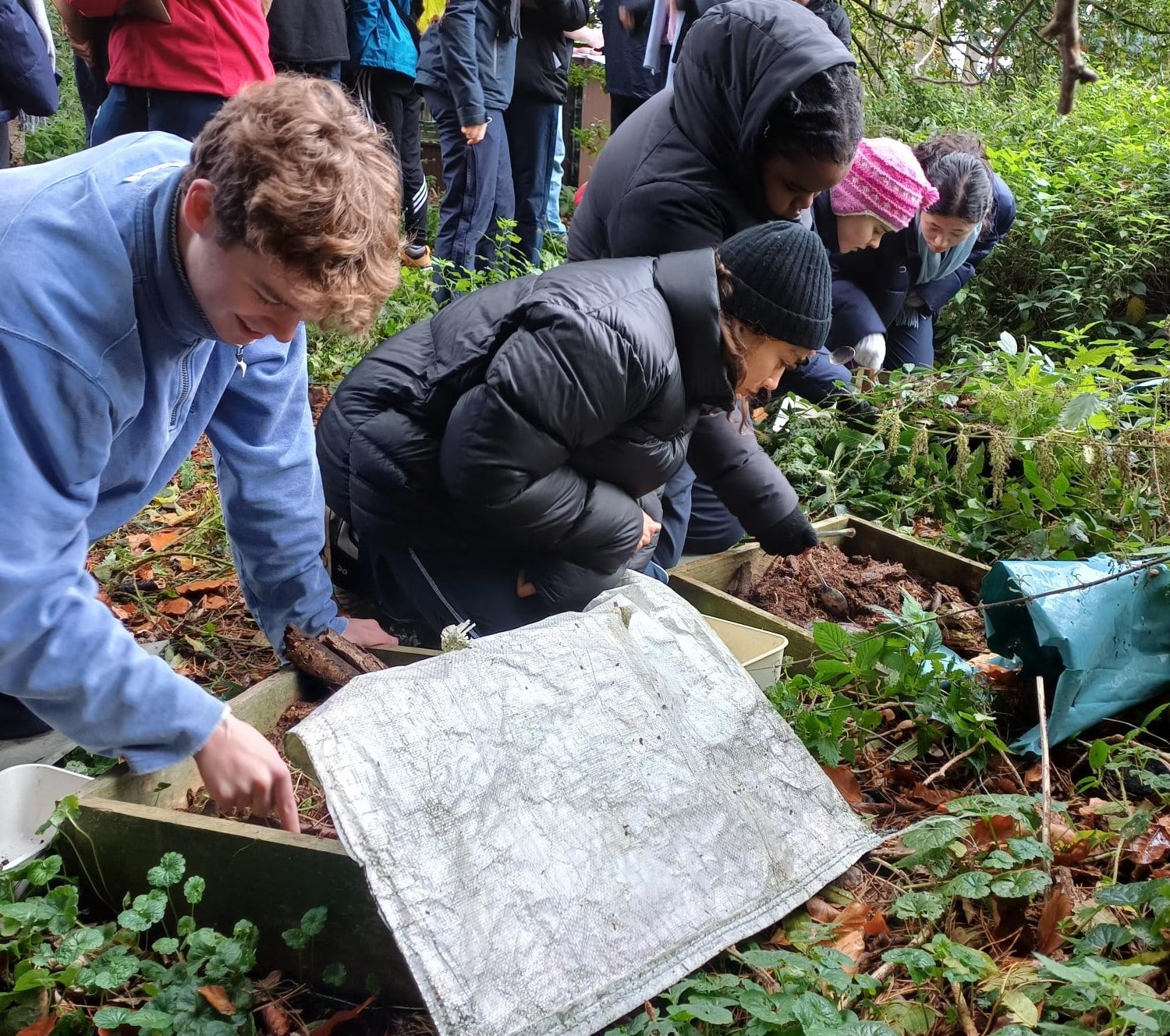
Another highlight was the night-time bat walk, where bat detectors were used to identify different species by their echolocation calls. This activity not only demonstrated the diversity of bat species, but also their crucial role in the ecosystem.

The trip was a fantastic opportunity to apply classroom knowledge in real-world settings, fostering a deeper understanding of ecological principles and the natural world.


